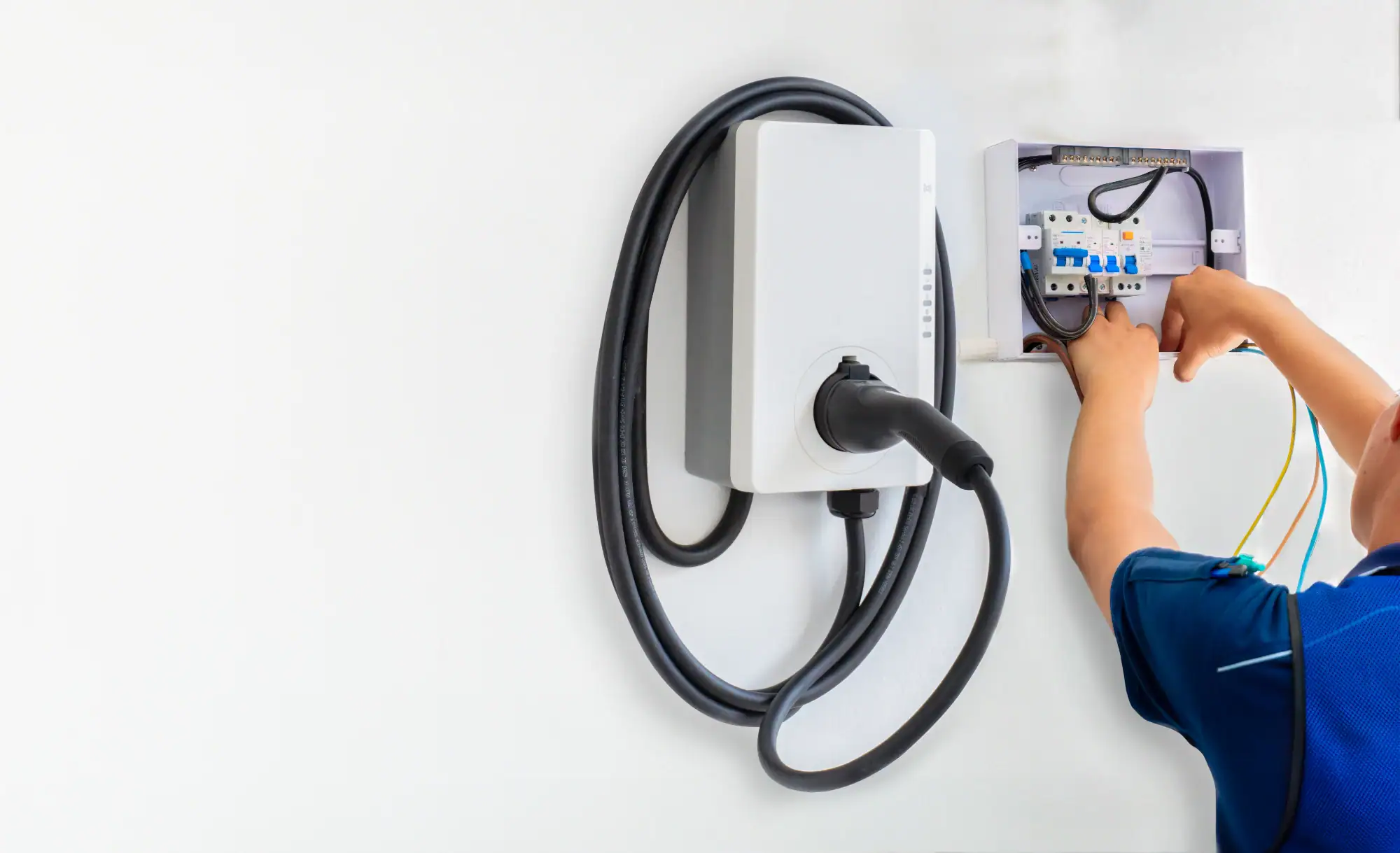Skip the public charging stations and fuel up at home with professional residential EV charger installation from Frankfort’s trusted electrical experts.
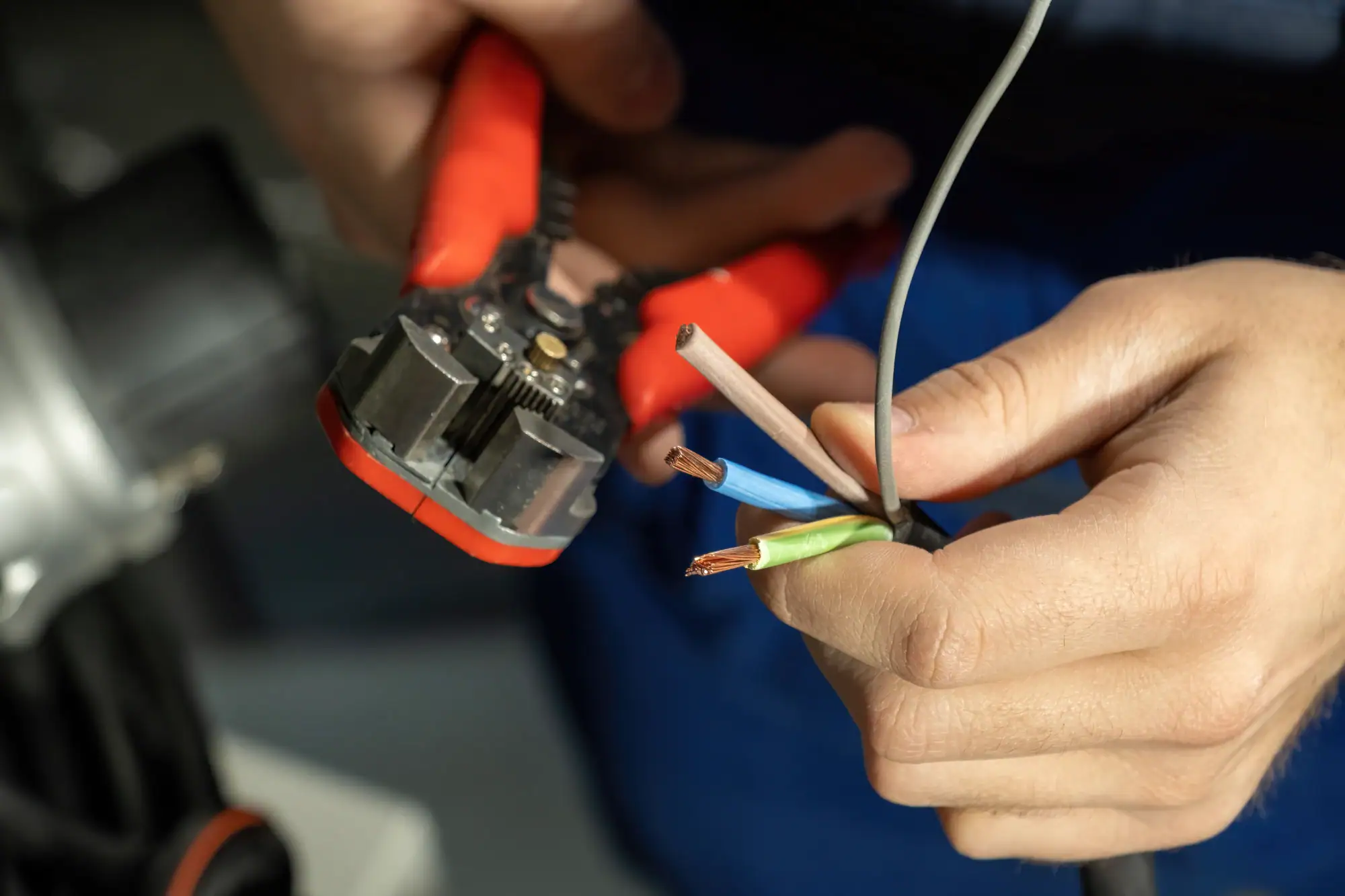
Hear from Our Customers
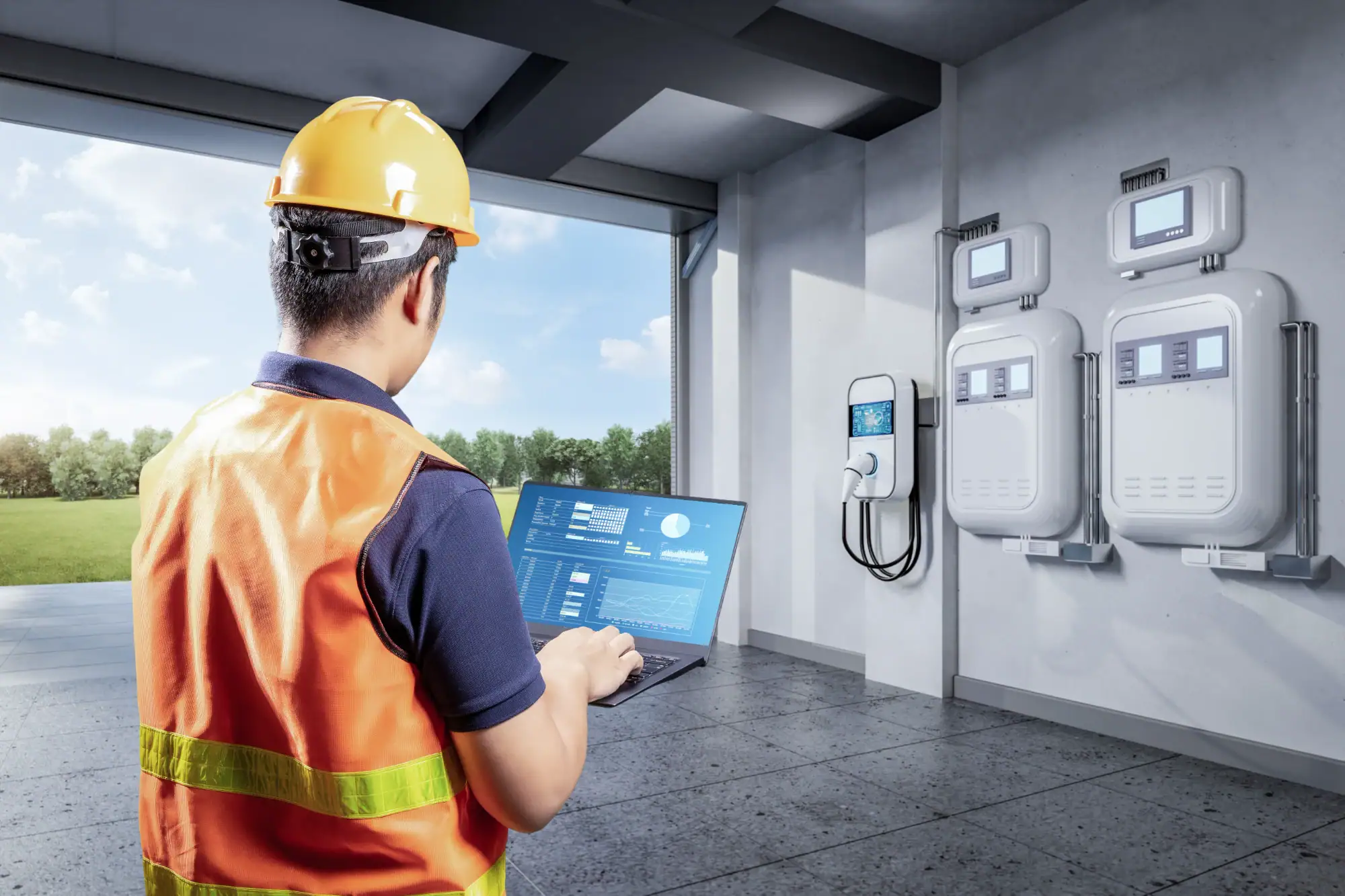
You pull into your driveway after that long commute down I-57, plug in your car, and head inside. No hunting for available charging stations at the Frankfort Square Mall. No waiting around for 30 minutes while your car charges at some random parking lot. No worrying about whether the station will work or if it’s safe to leave your vehicle unattended.
Your electric vehicle charges overnight while you sleep, taking advantage of ComEd’s lower electricity rates. You wake up to a full battery and the peace of mind that comes with reliable, convenient home charging.
The federal government hands you up to $1,000 in tax credits for EV charger installation. ComEd offers additional rebates for smart chargers. Your charging costs drop even further with special overnight rates designed specifically for EV owners.
Jimco Electric has been Frankfort’s go-to electrical contractor since 1999. We’ve handled everything from emergency repairs during those summer storms to complete electrical upgrades for growing families throughout the Lincoln-Way East school district area.
As a licensed, bonded, and insured electrical contractor, we understand Illinois Commerce Commission requirements for professional EV charger installation. Our experience with electrical panel upgrades, circuit additions, and residential wiring makes us uniquely qualified to assess your home’s electrical capacity and install your charging station safely.
Frankfort’s median home value sits at $461,600, and 95% of residents own their homes. More neighbors are making the switch to electric vehicles every month. We stay current with local electrical codes and utility rebate programs so you can take advantage of every available dollar in savings.
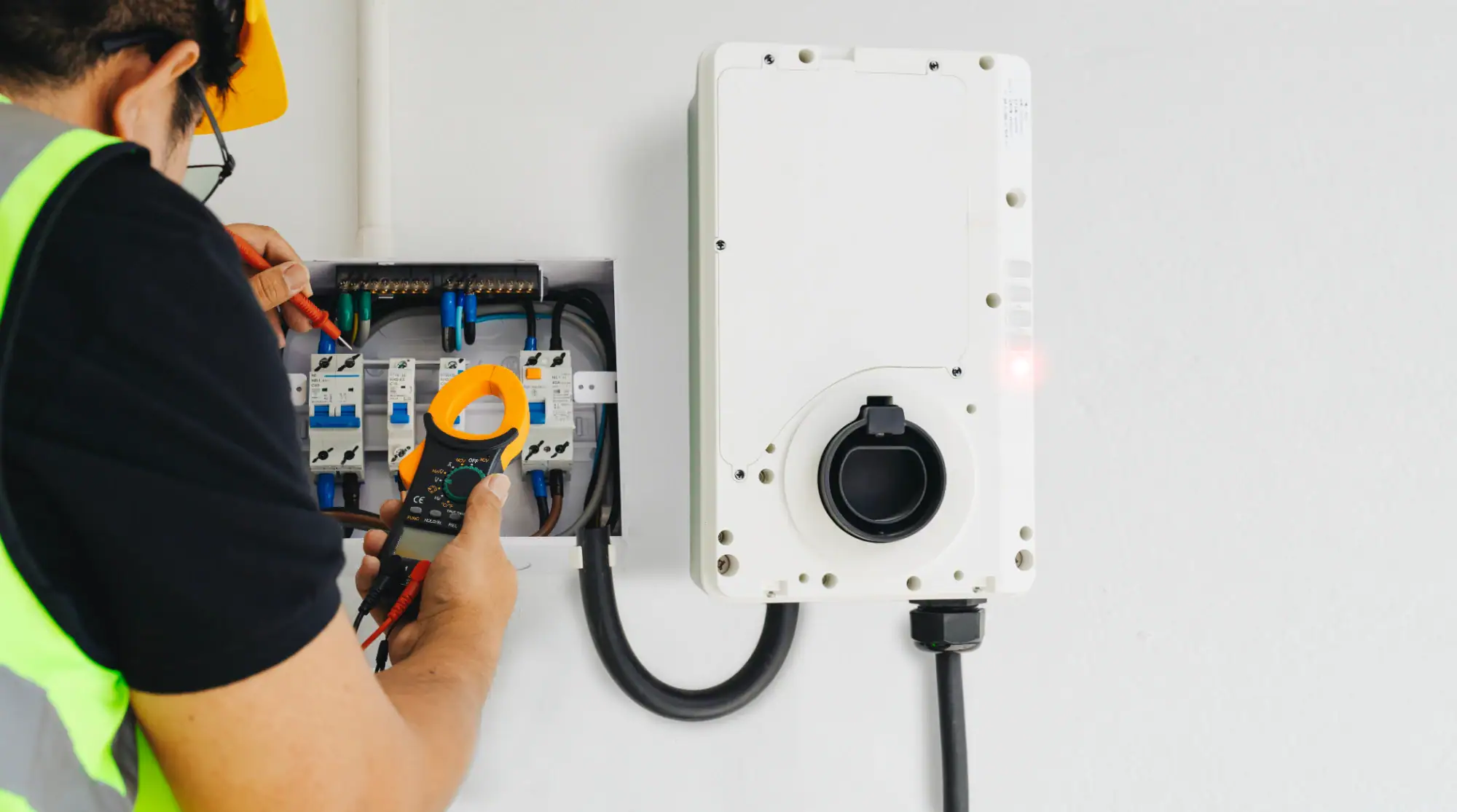
We start by evaluating your electrical panel to determine if it can handle the additional load from an EV charging station. Most Level 2 chargers need a 240-volt circuit, similar to what powers your dryer or electric range. If your panel needs upgrading, we handle that too.
Next, we help you choose the right charger location and type based on your vehicle’s requirements and your garage or driveway setup. We pull any necessary permits through Will County and ensure the installation meets all local codes and safety standards.
The actual installation typically takes a few hours. We mount the charging station, run the appropriate wiring, install the dedicated circuit breaker, and test everything to make sure it works perfectly. You get all documentation for warranty purposes and tax credit filing. Then you’re charging at home that same evening.
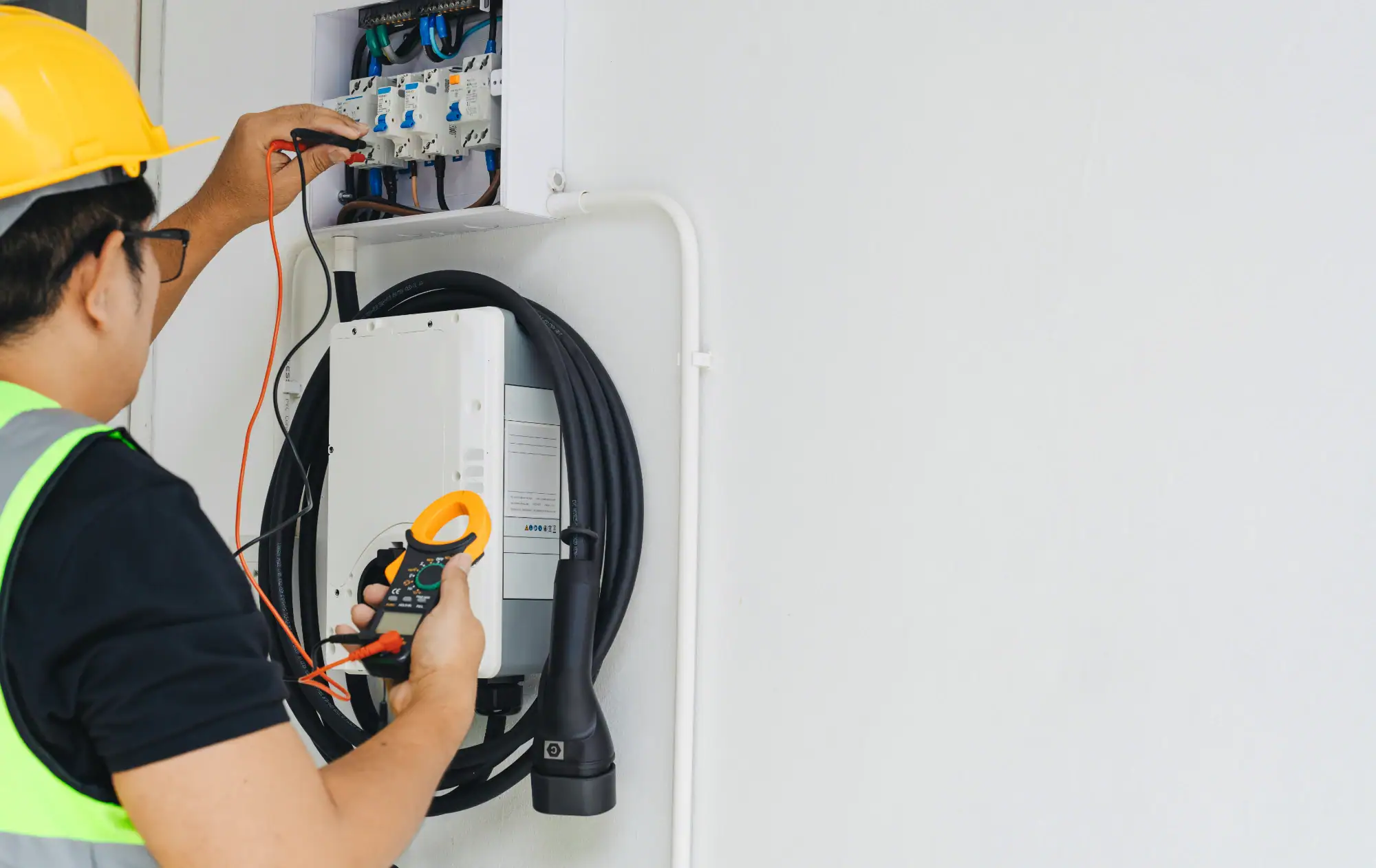
Ready to get started?
Your EV charger installation includes a complete electrical assessment, permit handling, and professional installation that meets Illinois Commerce Commission certification requirements. We work with all major charger brands and can install the unit you purchased or recommend options based on your vehicle and budget.
Frankfort residents can grab federal tax credits worth 30% of installation costs, up to $1,000. ComEd customers may qualify for additional rebates on smart, ENERGY STAR certified Level 2 chargers. ComEd also offers special time-of-use rates that cut your charging costs when you charge overnight.
The installation includes a dedicated 240-volt circuit, appropriate electrical protection, and proper grounding for safety. You also get guidance on optimal charging schedules and maintenance to maximize your charger’s lifespan and efficiency. No guesswork, no safety concerns, no code violations.
